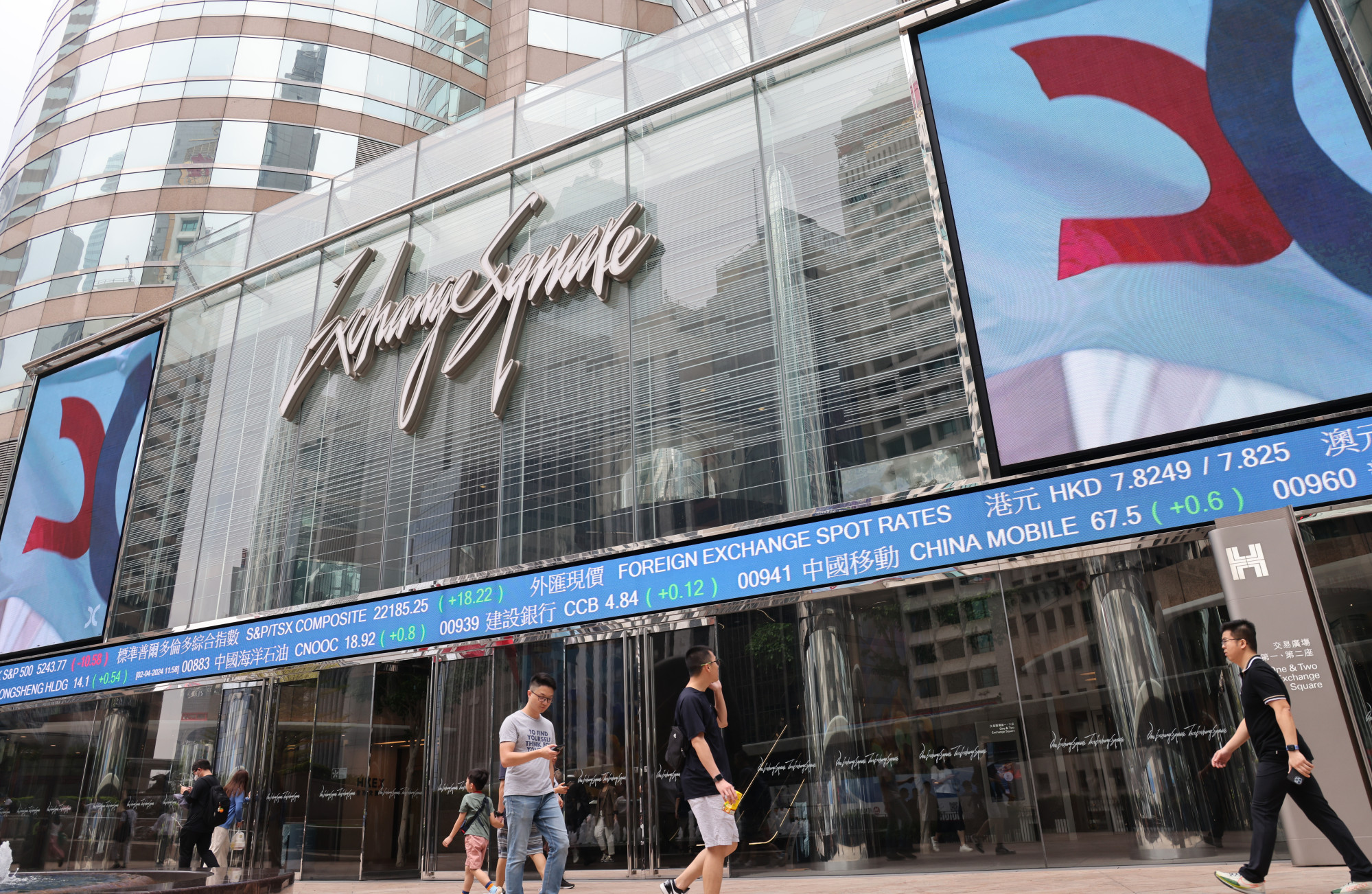As such, new listing candidates are becoming more reasonable about their expectations for initial public offering (IPO) pricing, according to Sjoerd Leenart, the US bank’s head of Asia-Pacific region. Capital-hungry technology start-ups are also likely to be a key growth driver in the primary market, he added.
“They are more realistic than they were before,” he said in an interview in Shanghai on Thursday, adding that most prospective listings in the pipeline were still not massive deals. “For some, the valuation now is good enough and they go to the market. For others, they will hope for more.”
He made the observations as the biggest US bank hosted more than 2,500 delegates and 1,300 companies at its Global China Summit in Shanghai against the backdrop of recent stock gains. The Hang Seng Index has risen 26 per cent from this year’s low on January 22, while the Shanghai Composite Index rallied 15.3 per cent from its February 5 low.

JPMorgan’s chairman Jamie Dimon and Microsoft co-founder Bill Gates are among the speakers at the two-day summit. Joe Tsai, co-founder and chairman of Alibaba Group Holding, owner of the South China Morning Post, shared his views on Thursday.
The rally in Hong Kong has added more than US$1 trillion (HKS$7.82 trillion) in capitalisation back to the stock market. Investors have said they were encouraged by policy support from Beijing, as well as portfolio rebalancing as fund managers scouted for better value and abandoned overpriced markets elsewhere.
Kam Shing Kwang, JPMorgan’s chairwoman for North Asia, said the rallies have given investors and companies greater comfort and confidence about the market outlook. A slew of supportive economic and market-friendly policies have also aided the turnaround.

“Market sentiment has improved and companies are also more eager [to raise funds], because obviously the markets have adjusted” to higher levels, she said at the summit. If the IPO pipelines are any indication, “we should be quite confident” that it will only get better, she added.
Gains may extend on the back of strong earnings from Tencent Holdings and Baidu, while Beijing offers greater support to overcome a three-year slump in the housing market. Hong Kong in February scrapped most of its decades-old financing curbs to boost property demand.
Officials from the Shenzhen and Shanghai stock exchanges, as well as those from the cities’ biggest companies, are doing roadshows in Europe to promote their markets and credentials.

